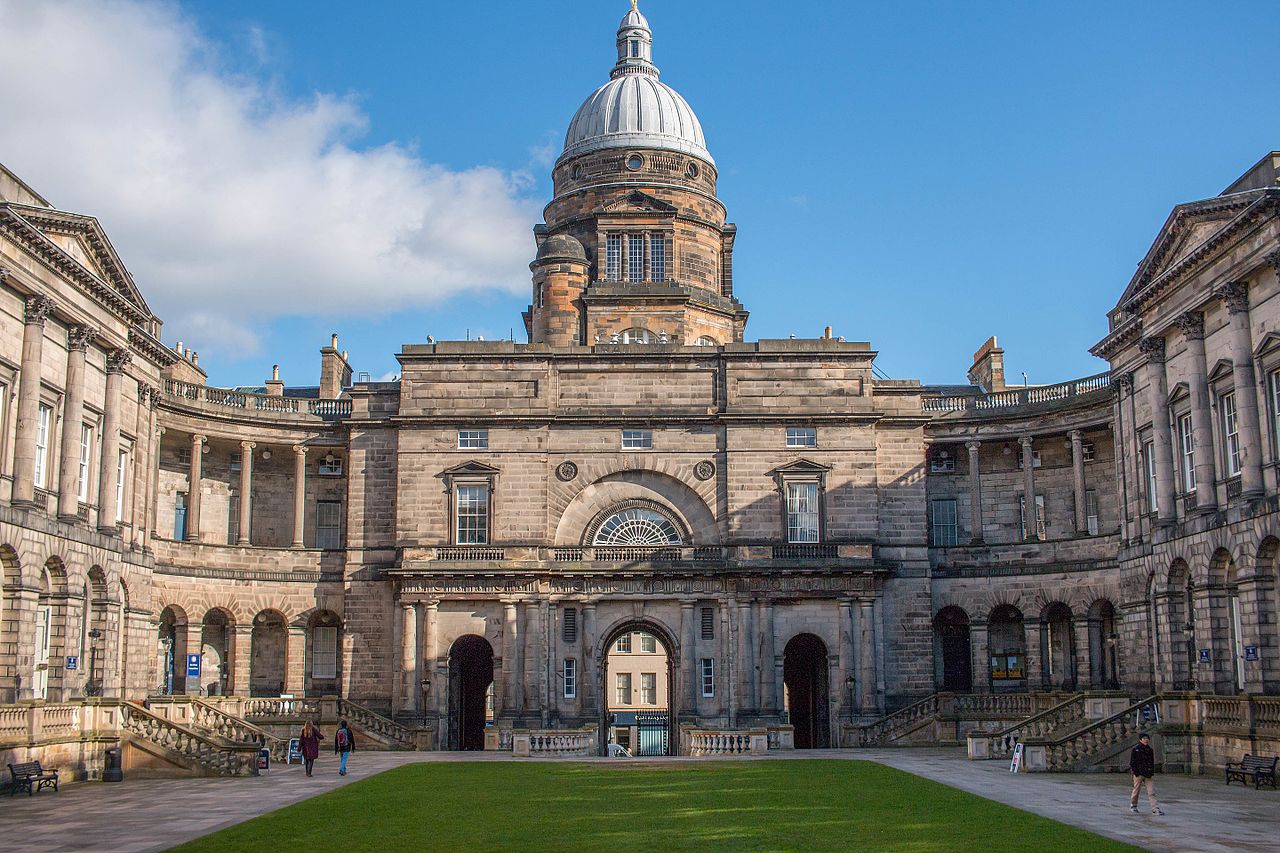Corrected 17/07/2019: The headline and content of this article were changed to reflect corrections to errors in the original data.
With students across the world taking to the streets to draw awareness to the climate crisis, UK universities are cleaning up their act — bit by bit.
76 universities now have pledges to divest from fossil fuel companies, according to campaign group People & Planet’s updated University League Table. But only seven have commitments to directly invest in renewables, the data reveals.
The University of Edinburgh, Wrexham Glyndwr University, Northumbria University, Newman University, and the University of Gloucestershire have committed to invest in low-carbon energy companies or funds. Keele University and Nottingham Trent also received extra credit for investing in renewable energy projects on campus.
The University of Gloucestershire topped the table, which tracks universities’ sustainability efforts and commitment to move away from high carbon investments.
Chris Saltmarsh, Co-Director for Climate Change Campaigns at People & Planet, was encouraged by the divestment commitments, but disappointed more institutions weren’t explicitly committing to low carbon investment. He said in a statement:
“Universities are abandoning the fossil fuel industry but failing to invest in our renewable future. Every institution across society must pitch in to fund the climate transition. As it stands the higher education sector is letting us down.”
University of Gloucestershire’s Vice Chancellor, Stephen Marston was delighted the university topped the table. He said in a statement:
“The University’s strategic commitment to sustainability as an institutional priority goes back more than 10 years. Throughout that time we have seen it as an integral part of our mission, to prepare our students well for the world they will inherit.
“The fact that it is now our students and young people across the country who see the urgency of this agenda, and who are leading campaigning for radical change, only serves to reinforce our commitment.”
20 out of 24 Russell Groups now have some kind of divestment. Oxford and Cambridge universities have only partially divested, as they exclude only direct coal and tar sands investments.
Big names including Imperial College London, London School of Economics, Manchester, Birmingham and York universities are still yet to divest.
The bottom five universities in the league table — Leeds Trinity, Trinity Laban Conservatoire of Music and Dance, Royal Veterinary College, University of Highlands and the Islands, and Rose Bruford College of Theatre and Performance — are all small, specialist institutions that “lack resources to devote to sustainability”, Saltmarsh says.
In collaboration with People & Planet, DeSmog has mapped all universities’ divestment pledges:
Image: LWYang/Wikimedia Commons CC BY 2.0
Subscribe to our newsletter
Stay up to date with DeSmog news and alerts







